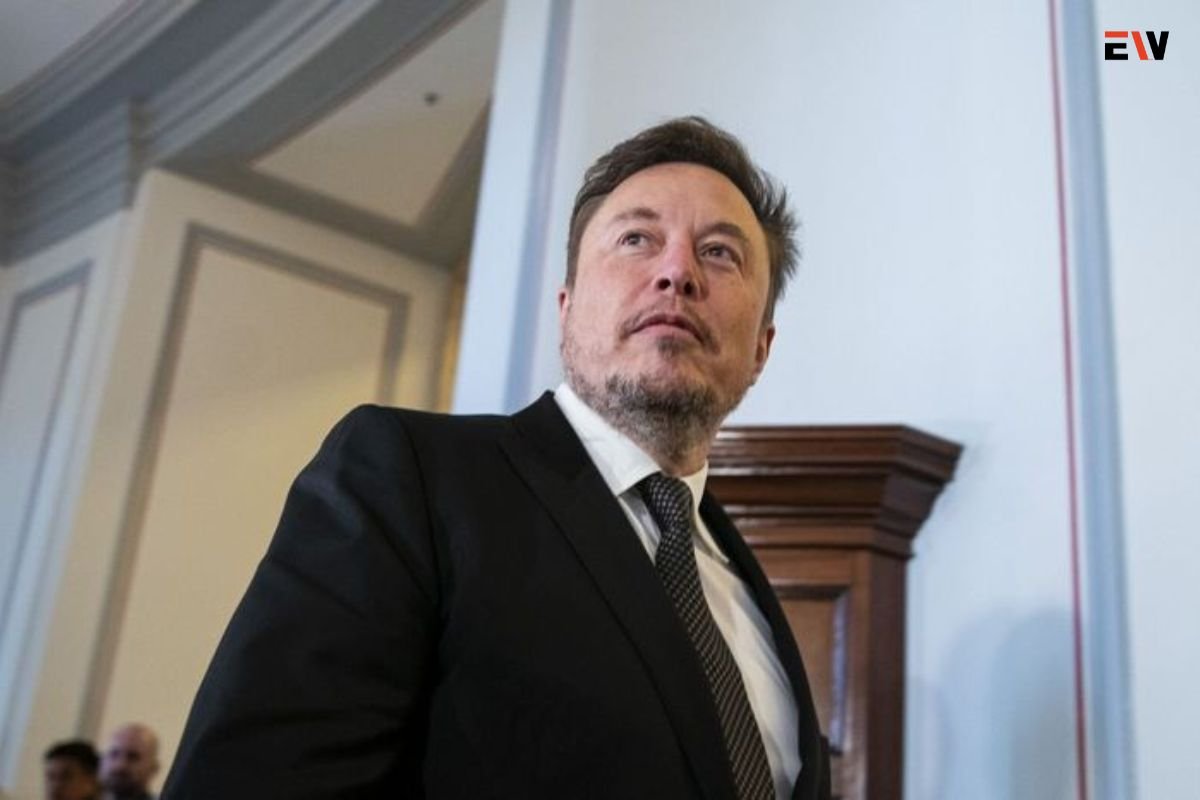Chancellor McCormick Deems Pay Package “Unfathomable” and Unfair to Shareholders
In a groundbreaking ruling this week, Chancellor Kathleen St. J. McCormick of the Delaware Court of Chancery declared the $55.8 billion pay package awarded to Tesla CEO Elon Musk null and void, labeling it an “unfathomable sum” that unfairly favored Musk over shareholders. The decision raises questions about corporate governance and the influence of high-profile CEOs on compensation negotiations.
Background of the Lawsuit: Shareholder Challenges Elon Musk’s Ties and Negotiation Power
The legal battle unfolded after a shareholder filed a lawsuit alleging that Musk’s close ties with the Tesla board gave him an undue advantage in negotiating his compensation. The plaintiff argued that Musk’s significant control over the board’s decision-making process compromised the fairness of the deal.
Chancellor McCormick, in a 200-page ruling, pointed out that Tesla’s board failed to demonstrate the fairness of the colossal compensation plan – the largest in the history of public markets. Musk, holding multiple influential positions within the company, was deemed to have exerted a dominant influence on the approval of his own pay package, creating a conflict of interest.
Negotiations, Appeals, or Relocation?
Analysts suggest that Tesla’s board faces a challenging situation, commonly described as a “tornado situation” by Wedbush Securities analyst Daniel Ives. Options include renegotiating a new pay package acceptable to both shareholders and Musk, appealing the Delaware Court’s decision, or considering a change in Tesla’s place of incorporation.
Elon Musk, responding to the ruling on the social media platform X, suggested that Tesla might incorporate in a more business-friendly state, such as Texas. Musk polled his followers on the platform, seeking their opinion on whether Tesla should incorporate in Texas or Nevada, where it already has corporate offices and a factory.
Criticism and Tesla Stock Ownership: Musk’s Violation of Corporate Procedures
Legal experts, including Case Western Reserve University law professor Anat Alon-Beck, criticized Musk for disregarding the fundamentals of corporate fairness. Alon-Beck argued that Musk failed to adhere to Delaware corporate law principles, which could have prevented the legal entanglement.
Financial Fallout and Public Outcry: Musk’s Stock Ownership and Pay Disparities
Even without the contested pay package, Musk remains a major Tesla shareholder, owning approximately 411 million shares worth about $78 billion. The Delaware Court’s decision drew attention to the vast disparity between executive pay and that of rank-and-file employees, with Musk’s pay package being deemed “absurd” and criticized for setting a troubling precedent.
The Delaware court’s decision to overturn Elon Musk’s record-breaking pay package prompts a reexamination of corporate governance practices and the role of influential CEOs in determining their own compensation. As Tesla navigates the aftermath, the outcome may have far-reaching implications for executive compensation negotiations across the business landscape.










